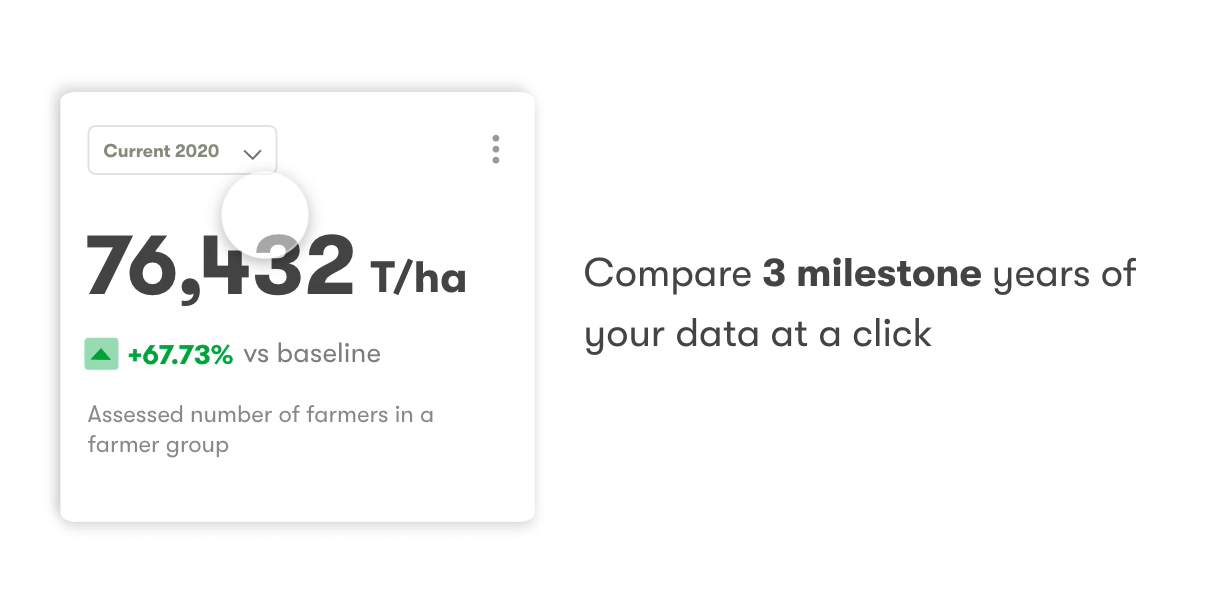ABSORBING THE IMPACT OF COFFEE WASTEWATER
The waste water generated from the wet-milling process – when the bean is separated from the coffee fruit - is rich in organic matter, but is often discharged into local water sources, many of which are used for drinking water.
Aside from causing water pollution, untreated coffee waste water also generates methane emissions – a major contributor to global warming.
In Quindío, coffee farmers are learning to set up their own water treatment systems. Using simple materials from around the farm, like empty plastic barrels and pipes, they arrange them in tiers on a slope to capture the waste water and filter out polluting particles and sediment as it flows down through each tier.
The treated water is now fed back into the land to nourish the next crop.
